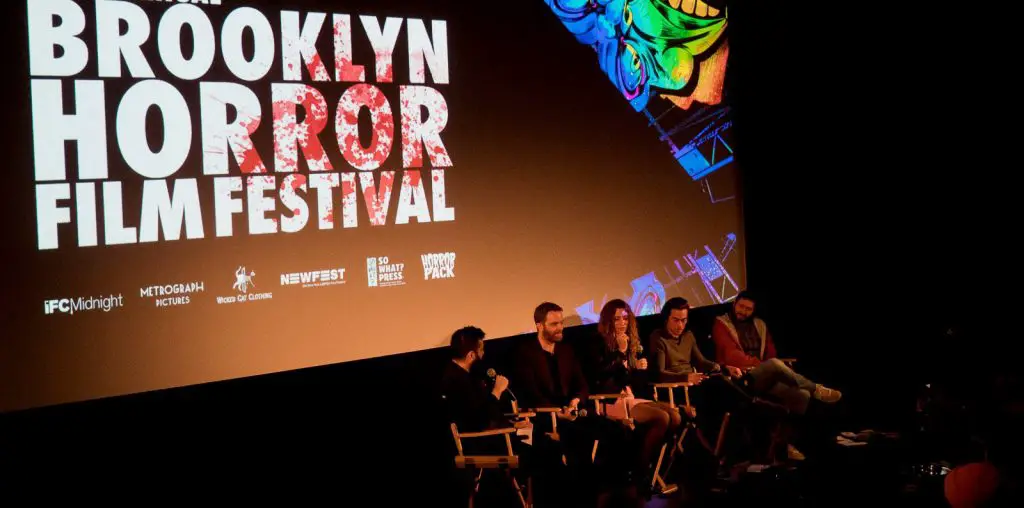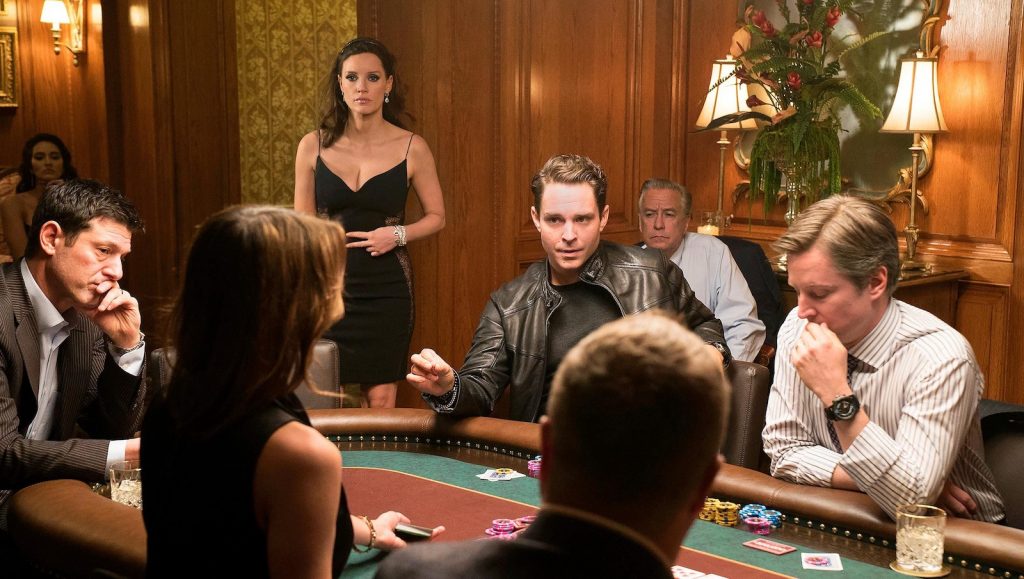
Pamela Des Barres is awake. Sort of.
“Um, can you call me back in fifteen minutes? I just got up,” she yawns, all husky-voiced and kind of sexy-sleepy. I’ve called her on the phone, at the pre-arranged time of ten in the morning, to talk about “The Banger Sisters”, in which Goldie Hawn and Susan Sarandon star as one-time rock ‘n roll groupies doing the
That should give time for the caffeine to kick in.
Des Barres—whose numerous fluid exchanges with famous rockers are related in juicy detail in her book—is without question the most famous groupie alive, right alongside the infamous Cynthia Plastercaster; Cynthia’s the one you may have heard of, who makes plaster molds of naked rock-star genitalia, and who, it so happens, was Des Barres’ thoroughly appropriate date at last night’s party. Still based in L.A., Des Barres was once a member of the legendary GTO’s, Frank Zappa’s pet-project girl group. Now something of an icon, she’s written extensively about the rock ‘n roll scene of the ‘60s and ‘70s, and contributes a regular column to
And that’s pretty much how they are remembered in “The Banger Sisters.”
“I have no complaints about the way the music scene and the groupie situation was depicted,” she enthusiastically proclaims, after we’ve reconnected later in the morning. “In this movie,” she says, “there was
Barely stopping to take a breath—caffeine, it’s a wonderful thing—Des Barres says, “A groupie was more than just some girl who wanted to get laid by any member of the band. Sure, it may have been like that in the
To hear Des Barres describing the good-old-groupie-days, it almost makes one wish “The Banger Sisters” wasn’t set entirely in the present. Aside from one wistful montage of footage from the ‘60’s—beautiful people cruising Sunset Boulevard, blissful crowds surrounding the Whisky-a-go go, dancing in the streets—the film never attempts to recreate the past.
“But that footage was great, wasn’t it?” Des Barres almost shouts. “I kept looking for
“But, isn’t it hard to look back at the ‘60s,” I ask, “without also thinking of all those
“It
“And how about you and Cynthia?” I ask. “How will
“Oh. Well,” Des Barres laughs, “I think people will see us as the pioneer women of the rock ‘n roll world.”
She’s laughing, but she’s dead serious.
“I hope future generations recognize that we were the women who opened up doors for other women,” she says. “And Cynthia, with all of her cocks, will probably be seen as a truly revolutionary artist.”
“I’m glad I wrote the book,” she continues, “because otherwise I would have ended up as just one more of these forgotten, wonderful women who were despised by the feminists because they thought we were lapdogs and rug mats for male musicians. But we were
“Some might say you were on the front line of feminism,” I suggest.
“Well, I think Gloria Steinem would disagree with you,” she says. “But, hey, I think you’re right. I took my birth control pills with me every night, and since I never knew where I was going to end up, I’d just pull them out and pop the pills in public. It was a statement. I was saying, ‘Here I am. I am a woman. I can do whatever the f**k I want—so just watch me.’”
“And basically,” laughs Des Barres, “I’m still saying that.”
____________________________________________________________
Writer David Templeton takes interesting people to the movies in his ongoing quest for the ultimate post-film conversation. This is not a review; rather, it’s a freewheeling, tangential discussion of art, alternative ideas, and popular culture.

